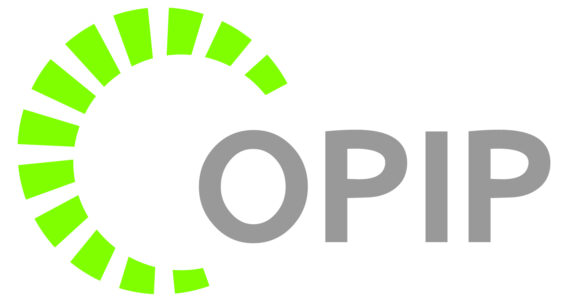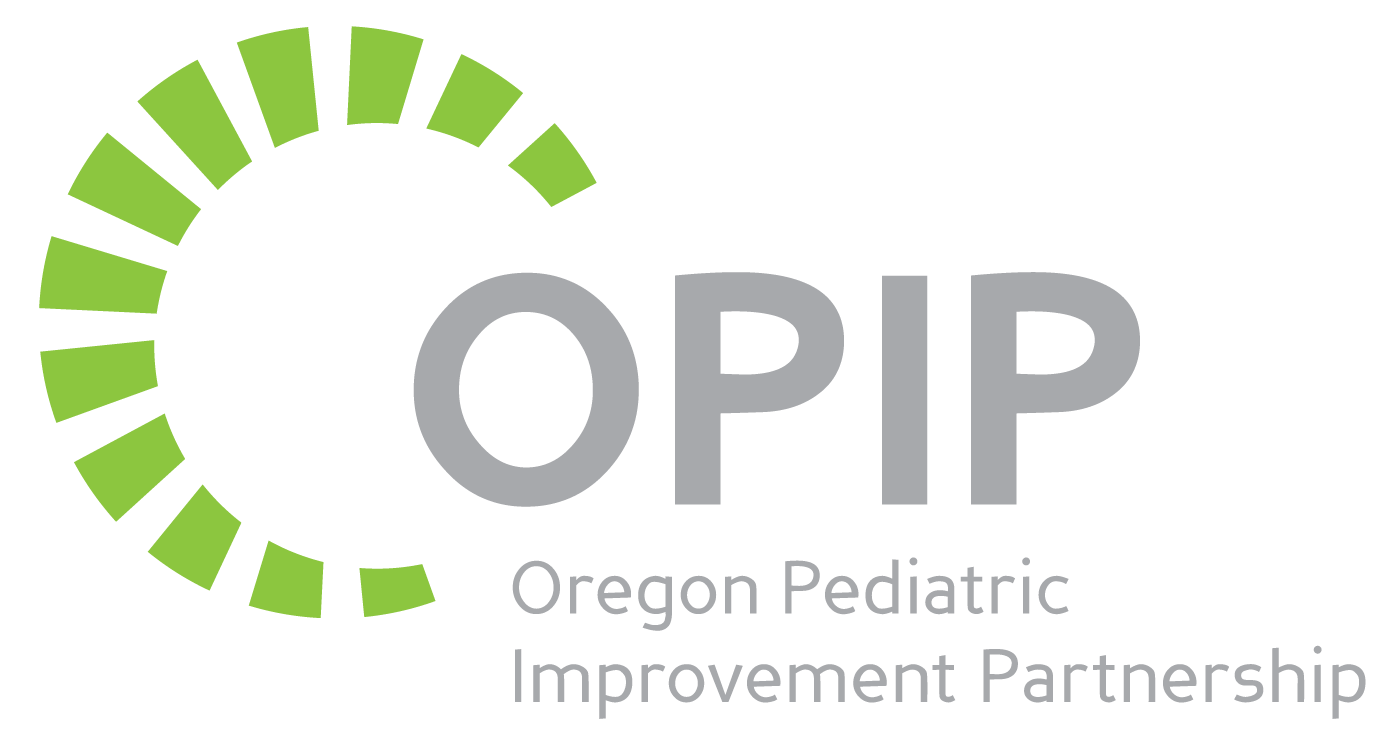PAST PROJECT
Statewide Webinars on the Novel Social-Emotional Reach Metric for Children Birth to Five
In 2022 OPIP hosted a two-part webinar series on the Novel Social-Emotional Reach Metric for Children Birth to Five: For Providers, Health Systems and Community Partners in Oregon
The first of the two webinars provided an overview of the new Social-Emotional Reach Metric for Children Birth to Five, a claims-based metric that assesses the degree to which Medicaid/CHIP insured young children have received recommended screenings, assessments or services that address their Social-Emotional health. Review of the Social-Emotional Reach Metric data is Component 1 of the System-Level
Social-Emotional Health Metric included in the CCO Incentive Metric set for 2022 and 2023, with sharing of the reach metric data with community-level partners required in Component 3, and use of the data to guide and inform the Action Plan required in Component 4.
The August 7, 2022 webinar addressed the following:
-
- Overview of the development process for the metric,
- Definition and scope of Social-Emotional services intentionally included in the metric aligned with priority areas informed by feedback from parents of young children, front-line providers, early learning providers, and system-level leaders,
- Alignment of the metric with clinical recommendations and community-level priorities, and specific codes and claims included, and why,
- Overview of potential benchmarks and strategies communities could use to identify improvement goals anchored to the Social-Emotional Reach Metric, and
- Frequently Asked Questions: answers to the most common questions asked about the metric.
Webinar – Overview of Reach Metric Data Component of Oregon’s Novel Social-Emotional Health Metric for Children Birth to Five
The September 21, 2022 webinar focused on answering additional questions from participants, and to provide further clarity on topics previously discussed. Please Note: People interested in viewing the 9/21 webinar should first view the 8/17 webinar.
Webinar – Q&A: Oregon’s Social-Emotional Reach Metric for Children Birth to Five
National Webinars on the Novel Social-Emotional Reach Metric for Children Birth to Five
In 2022 OPIP hosted a national webinar about the Social-Emotional Reach Metric for people interested outside of Oregon.
This webinar provided an overview of one component of the System-Level Social Emotional Health Metric, the new Social-Emotional Reach Metric for Children Birth to Five. This is a claims-based metric that assesses the degree to which Medicaid/CHIP-insured young children in Oregon have received recommended screenings, assessments or services that address their Social-Emotional health.
The December 14th, 2022 webinar addressed the following:
-
- High Level Overview of the System-Level Social Emotional Health Metric
- Overview of the development process for the child-level claims-based reach metric
- Definition and scope of Social-Emotional services intentionally included in the reach metric aligned with priority areas informed by feedback from parents of young children, front-line providers, early learning providers, and system-level leaders
- Alignment of the reach metric with clinical recommendations and community-level priorities
- and specific codes and claims included and why
- Overview of potential benchmarks and strategies communities could use to identify improvement goals anchored to the Social-Emotional Reach Metric
- Overview of how other states and health systems could apply strategies from this metric
- Frequently Asked Questions: answers to the most common questions asked about the reach metric
Intended Audience: This webinar is targeted to Medicaid/CHIP agencies, health system leaders, primary care providers, behavioral health providers and early learning providers who are interested in improving Social-Emotional services within physical and/or behavioral health care environments for young children.
Webinar – Overview of Oregon’s Novel Social-Emotional Reach Metric for Children Birth to Five: Guiding Improvement Efforts focused on Early Identification and Behavioral Health Services for Young Children

